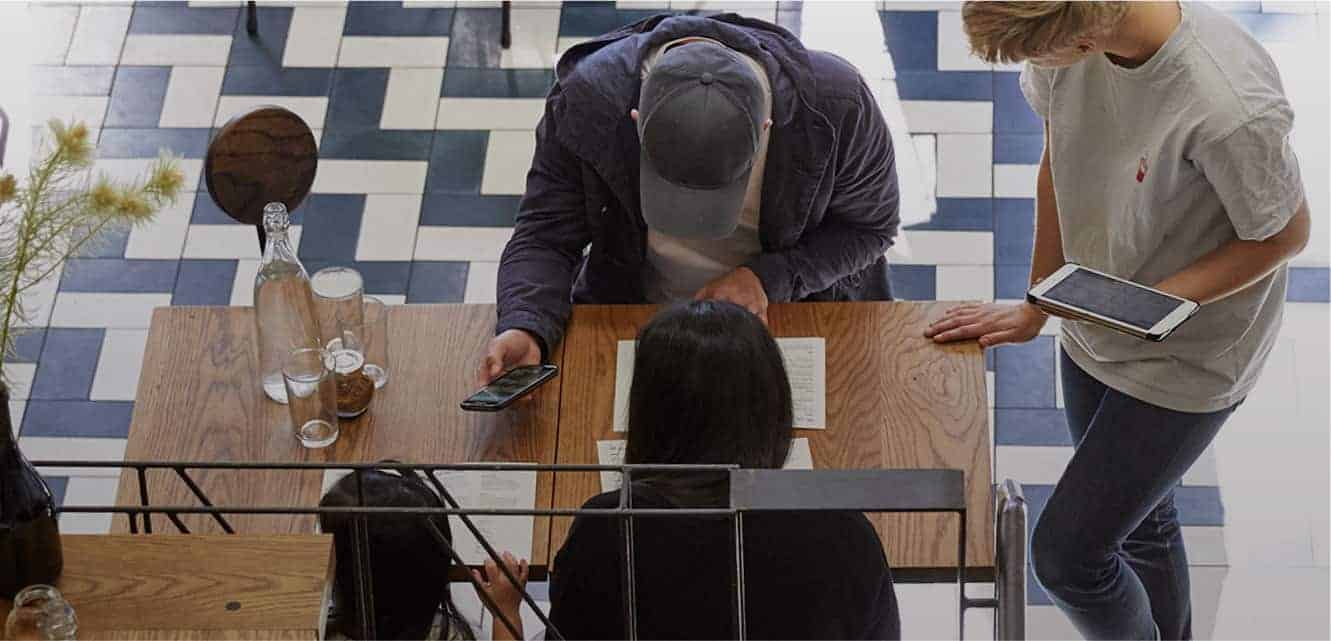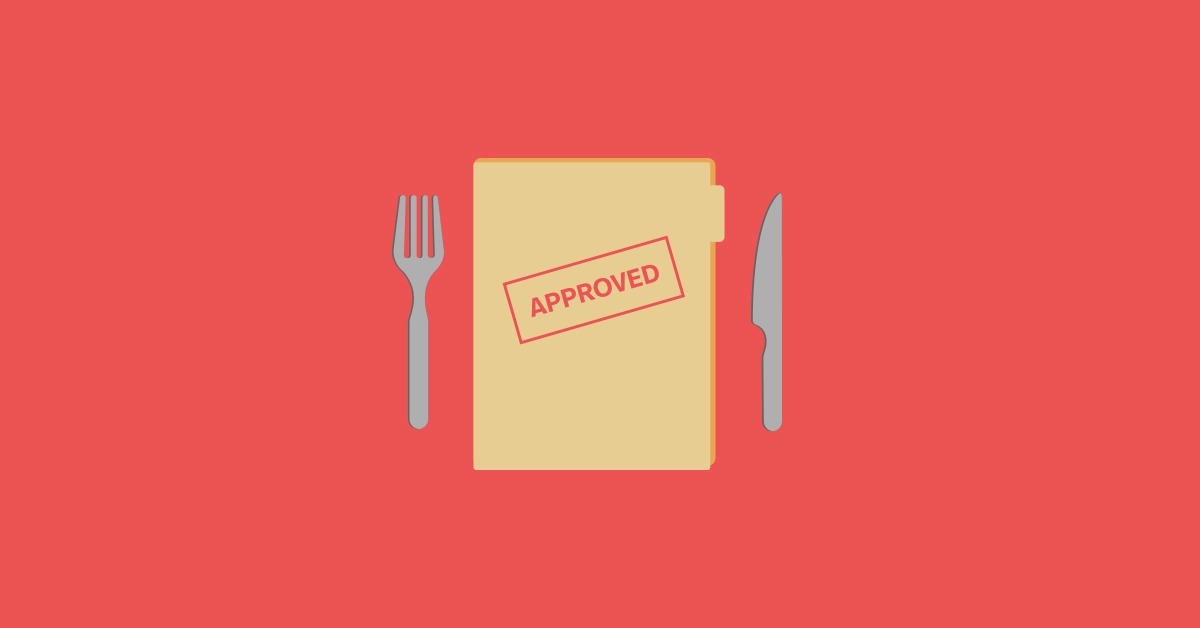Our burning question: when you’ve given your all to a cafe or restaurant business, how do you get the best sale price for it?
How to sell a cafe: 9 steps to follow
Paul shared his nine steps to maximise your cafe’s sale price:
- 1. Have an exit plan
- 2. Get an expert valuation
- 3. Pick the best time to sell
- 4. Keep your cafe ticking
- 5. Focus on the finances
- 6. Plan, plan, plan
- 7. Invest in advertising
- 8. Do your homework on potential buyers
- 9. Hire a professional
1. Have an exit plan
Like with any business, it’s always important to have an exit strategy in place – even if you aren’t planning to sell in the near future. Constantly future proofing, putting great systems in place, buying high-quality kit and hiring with a long-term plan is the best way to set a solid foundation for selling your cafe in the future.
A Cafe POS system that integrates with your accounting package will mean you’re tracking your profitability from day dot. Having full visibility of your cafes financial health means you’ll be able to spot trends and notice immediately if things are heading for a downturn.
Paul acknowledges that doing all this isn’t the easiest.
“The reality is that in hospo it’s very difficult to do that. You’re busy from the word go – every waking hour you’re running around like a crazy person,” he says. “The value of your café will be dependent on the risks the buyer sees, so in a perfect world you’d be making sure you put in systems that remove that risk.”
2. Get an expert café valuation
In general, the value of your business will be between one and three times your net profit – that’s called a multiple. Getting a multiple that’s one, two or three times your net profit is the difference between an average deal and a great one.
There are loads of factors that affect that multiple:
- How many days or hours the café operates
- How involved you are in the day to day
- The length of your lease
- If there’s a demo clause on the lease
- How much competition you have
- How well established it is
It’s an expert calculation, and as Paul says, you can’t base it on what you see on the internet.
“A lot of people will base the value on what they paid or what they want,” he explains. “Pricing is critical – price it too high and it won’t sell, too low and you’ll miss out on $20k to $30k.”
3. Pick the best time to sell
It’s always best to sell when a business is still on the up – but this isn’t always realistic. It’s important to remember that the timing needs to be right for you. What debts are outstanding? How much money do you need to take your next big step? Do you need to sell straight away, or can you hold out?
“Often hospo owners haven’t thought that far,” says Paul. “They just want to get it done. Sometimes it might pay to wait another year to hit the perfect timing.”
4. Keep your cafe ticking
Don’t take your food off the gas as soon as you know you’re selling. The best prices are for the best businesses, not the ones with the most potential.
That means you need to keep your business humming like the well-oiled-coffee-making-machine that it is. Keep up the advertising, stay pumping on Insta or Facebook and go hard on maintaining the day-to-day traffic. If there’s an easy, profit-boosting win to be had, do it.
“It’s a bit like real estate,” says Paul. “If they come to have a look and they’re the only customers in there, it’s not ideal. The more you can do to keep it pumping the better.”






